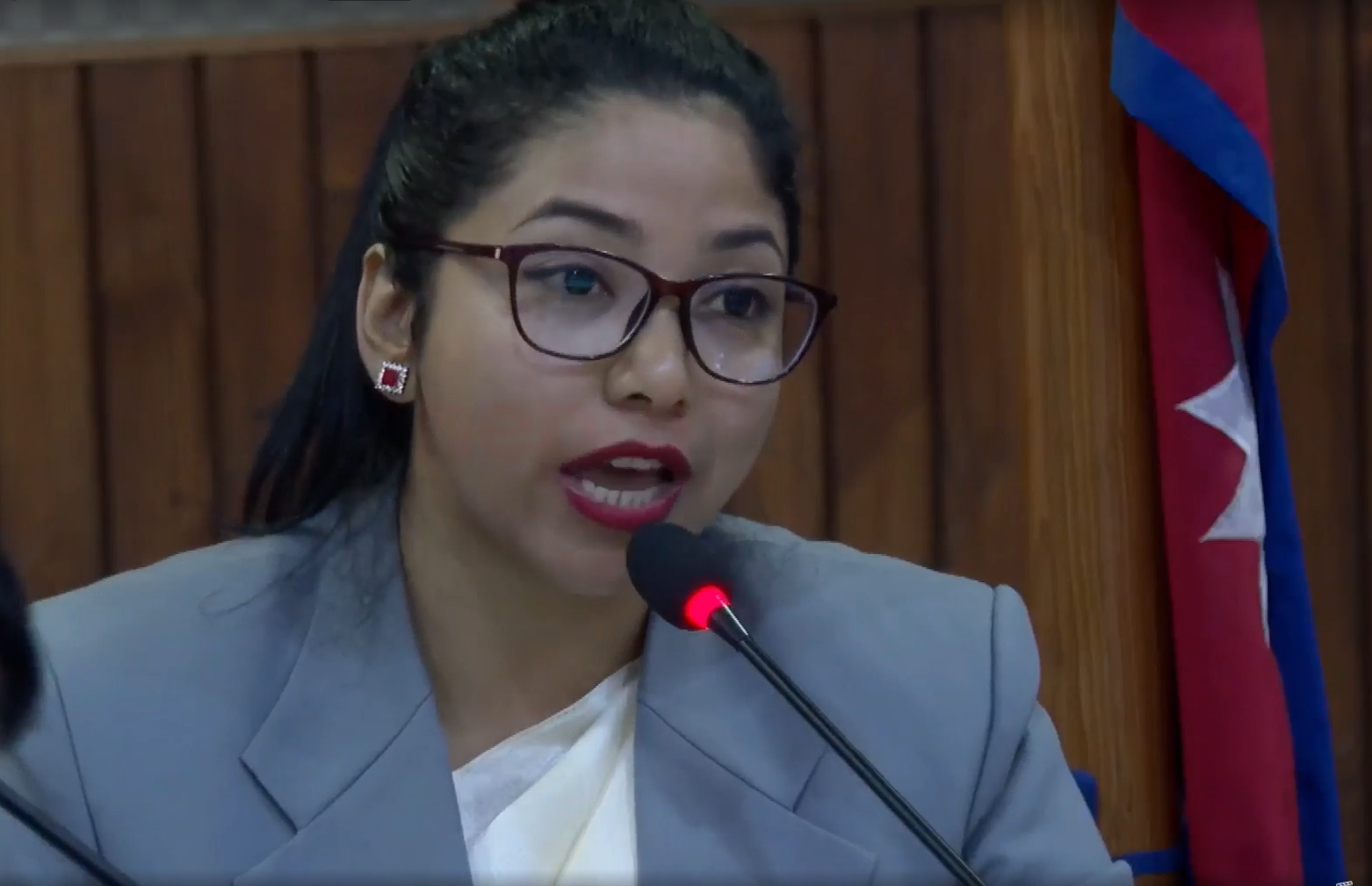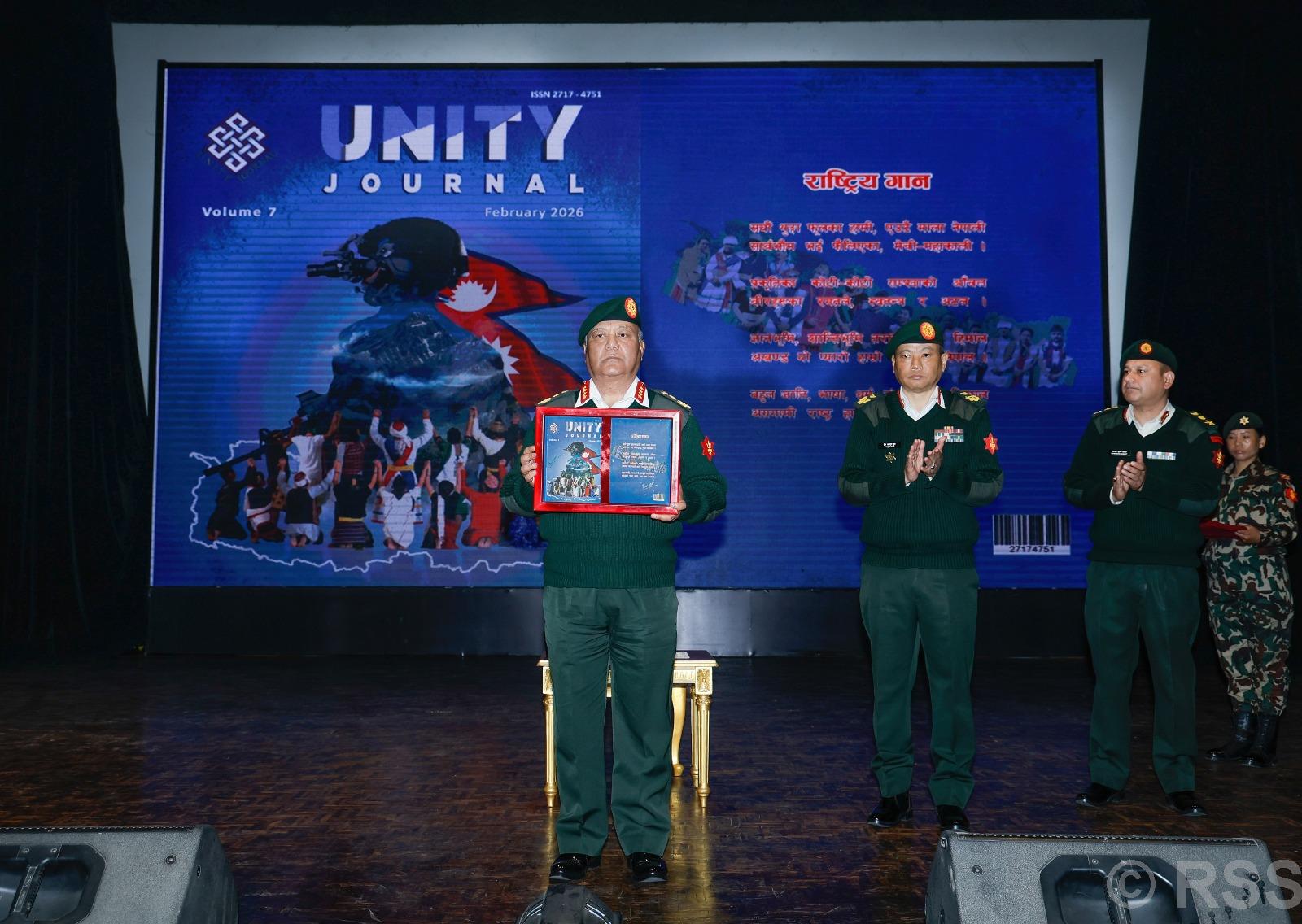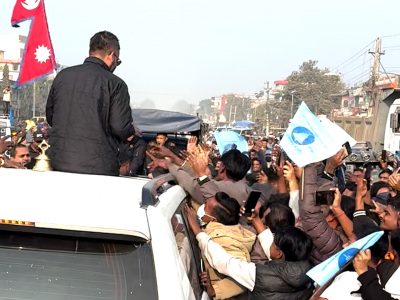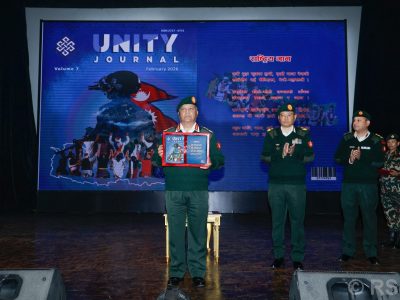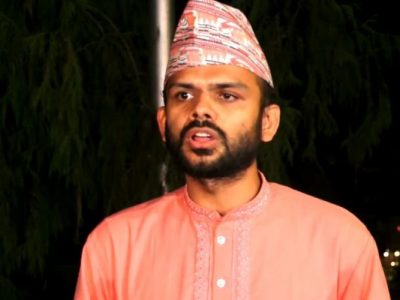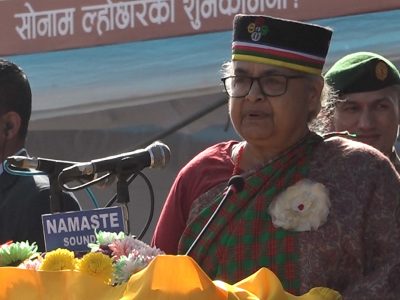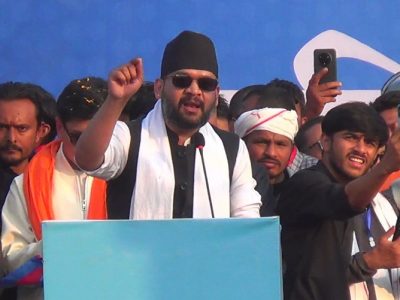The Rising Tide of Youth Uprisings across Asia: A New Grammar of Resistance
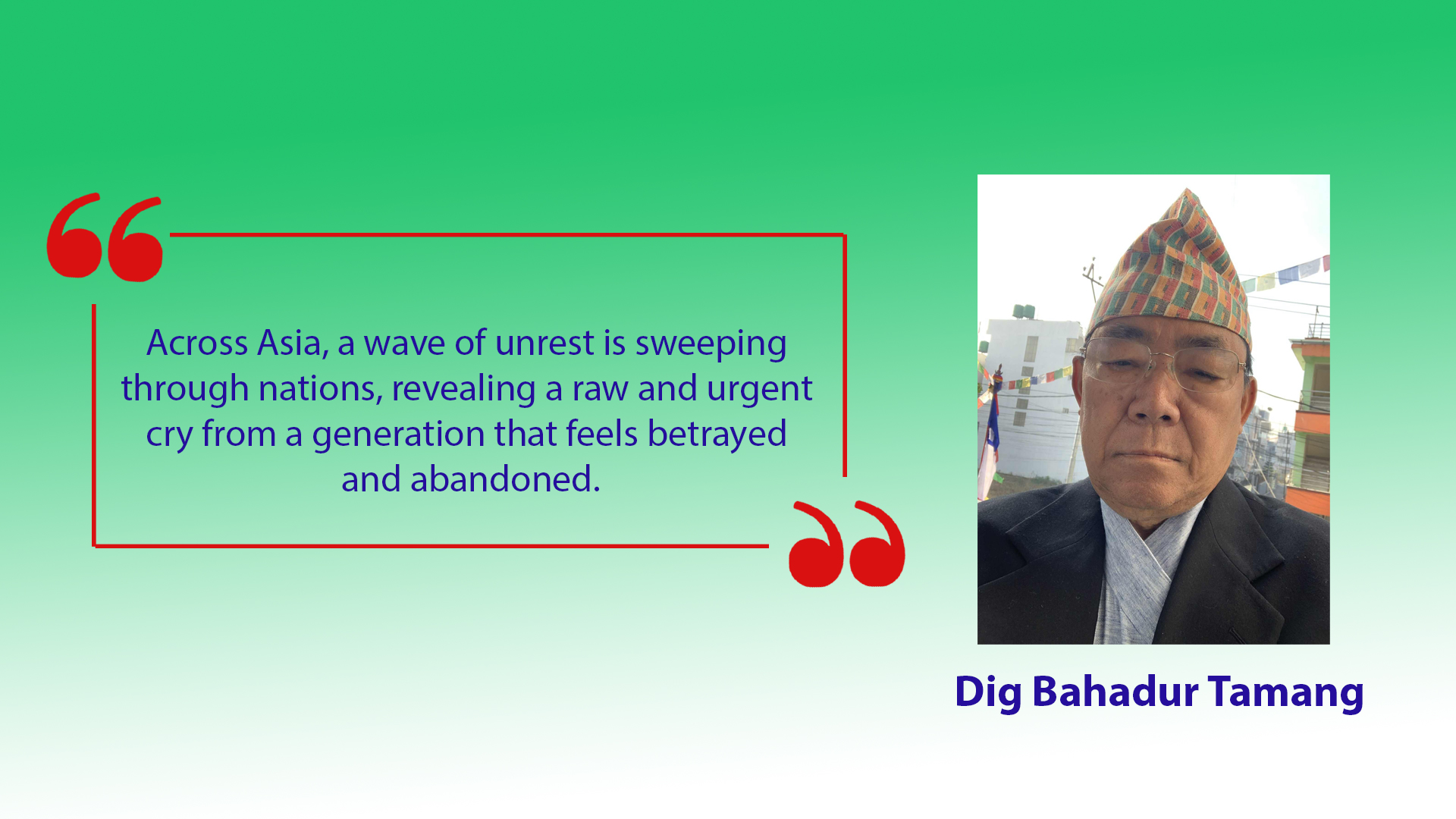
Kathmandu, Sep 29: Across Asia, a wave of unrest is sweeping through nations, revealing a raw and urgent cry from a generation that feels betrayed and abandoned. From Bangladesh and Nepal to Sri Lanka, Indonesia, and beyond, disillusioned young people are rising up, challenging established power structures with a fervor fueled by desperation and hope. Recent images—crowds looting the Bangladesh Prime Minister Sheikh Hasina’s residence, Nepal’s Parliament building, Supreme Court, Singh Durbar, official residence of President Ram Chandra Poudel, engulfed in flames, and mass protests across these countries—reflect a visceral language of uprising. This language is spoken by members of Generation Z who feel they have nothing left to lose and are demanding change.
This phenomenon is no coincidence. Over the past few years, Asia has witnessed a series of dramatic political upheavals: Sri Lanka’s crisis in 2022, protests in Indonesia, unrest in Nepal, and movements unfolding now in the Philippines and India’s Ladakh region. These events are part of a broader pattern reflecting a generational reckoning. Unlike past revolutions led by organized political parties or ideological groups, today’s resistance is defined by ordinary young people pushed to the brink by a convergence of crises—economic hardship, unemployment, corruption, and an ever-widening gap between rich and poor.
The decline of traditional leftist and progressive movements across these countries has created a vacuum. Once champions of social justice and reform, these movements have become fragmented, incoherent, or outright weakened, unable to provide direction or hope to the swelling ranks of angry youth. In their absence, young people have turned to their smartphones and social media platforms, live-streaming protests and sharing real-time images and messages with a global audience. This digital connectivity is creating a new visual grammar of resistance—one that transcends borders and speaks directly to a generation that communicates and mobilizes online.
The social contract between governments and citizens in many Asian nations has been shattered. Corrupt and oppressive elites hold power while the majority of young people face bleak prospects. Unemployment runs high, economic crises deepen, and the gap between the privileged few and the struggling many continues to grow. In this fractured landscape, the voices of young protesters have become a symbol of urgent and widespread demand for justice and dignity.
The consequences of these uprisings are profound. They expose not only the failures of governance and economic policy but also the urgent need for new forms of political engagement and solidarity. The world is watching as young Asians craft a new story of resistance—born from frustration but fueled by resilience. Whether their efforts will lead to lasting change remains to be seen, but their message is clear: a generation once silenced is now making itself heard.
Nepal’s Gen Z Protests: Rewriting History with Digital Defiance
In recent months, Nepal has witnessed a powerful wave of protests led by Generation Z, a cohort known for their digital fluency and fearless activism. What started as a reaction against government attempts to ban popular social media platforms like Facebook and Instagram quickly evolved into a broader movement demanding transparency, digital freedom, and an end to systemic corruption.
This young generation has challenged long-standing political norms and rewritten the narrative of civic engagement in Nepal. Armed with smartphones and social media, they mobilized massive demonstrations, coordinated campaigns, and shared real-time updates, making it impossible for authorities to silence their voices.
The movement, symbolized by the hash tag Nepokids, has exposed entrenched nepotism and elite dominance, pushing the government to reconsider its approach to digital governance and youth inclusion. Beyond just protesting, Gen Z is shaping Nepal’s future political discourse, demanding accountability, equality, and a new social contract between the state and its citizens.
In essence, Nepal’s Gen Z is not just protesting history—they are actively rewriting it, blending traditional activism with digital innovation to create a more open, just, and participatory society.
Facebook Comment
latest Video
Trending News
- This Week
- This Month




